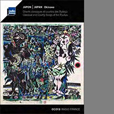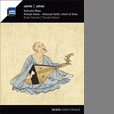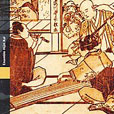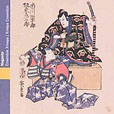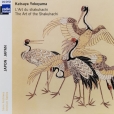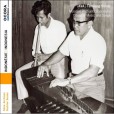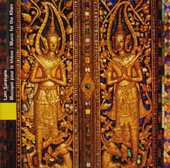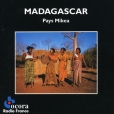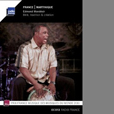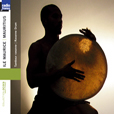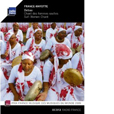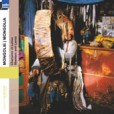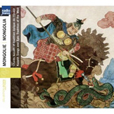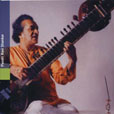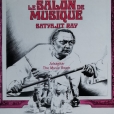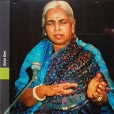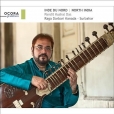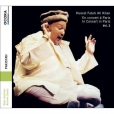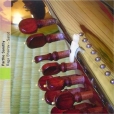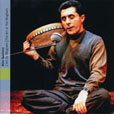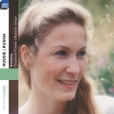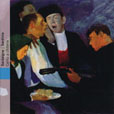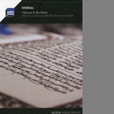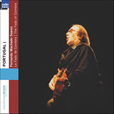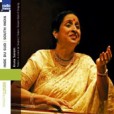Your basket is empty

With accompaniment on the sanshin lute — a lovely, melodic blend of Japanese, Chinese and South East Asian styles characteristic of the Okinawa archipelago (formerly the independent kingdom of Ryukyu).
The medieval story of the Heike clan — combining drama and heroics with Buddhist reflection on the ephemerality of existence — sung by Kakujo Iwasa and Kakuryu Saito, with lute accompaniment.
Subtle, calm classical trio music — for shakuhachi flute, koto zither and shamisen lute — influenced by Buddhism.
Musical accompaniments to kabuki theatre, by this pre-eminent Japanese chamber orchestra, with voice, shamisen lutes, fue flute, and kotsuzumi, otsuzumi and taiko drums.
Sublimely refined songs about broken hearts, dazzling landscapes and lost kingdoms, with zither and flute accompaniment.
A rare Saravane-style lam, beautifully sung by Nang Soubane Vongath, and with rocking, virtuoso mouth-organ, with sixteen or so reed pipes, a metre-or-more long.
Bele is an African folk drumming and singing tradition running back to slavery days. Mondesir leads five singers, with two percussionists, on tambour and tibwa.
The ravanne is a large drum — a goatskin stretched over a wooden frame — played with the hands, emblematic of the Creole cultural heritage on this island in the Indian Ocean: the music here is fabulous.
Bardic epics and nomadic songs, with dombra lute accompaniment.
The sitar maestro recorded in 1986, performing two raga and a dhun in the classical style of the Senia Beenkar Gharana, with its focus on melodic and rhythmic elaboration.
Kushal Das is a master of the surbahar, a kind of bass sitar, with long sustain, ideally suited to this profound and elevated, tricky and subtle, darkest-night raga, recorded in concert at the Radio France Auditorium in Paris.
Nusrat Fateh Ali Khan.
The greatest singer of his generation presenting the classical music of Azerbaijan, accompanied on the tar lute and the kamancha viol by the Mansurov brothers.
‘Cantu a chiterra’, in which competing singers take turns showing off vocal daring, breath control, endurance and style, in settings of nineteenth century poetry.
Fervid vocal intensity from the venerable Tijaniyya and Muridiyya brotherhoods, singing hymns and poems to the glory of the Lord, live in concert.
Superb, timber-shivering example of the city’s more elevated style of fado. Highly recommended.
Ragas with intensely controlled and expressive singing from South India, in the uncommon, neglected Carnatic tradition.
